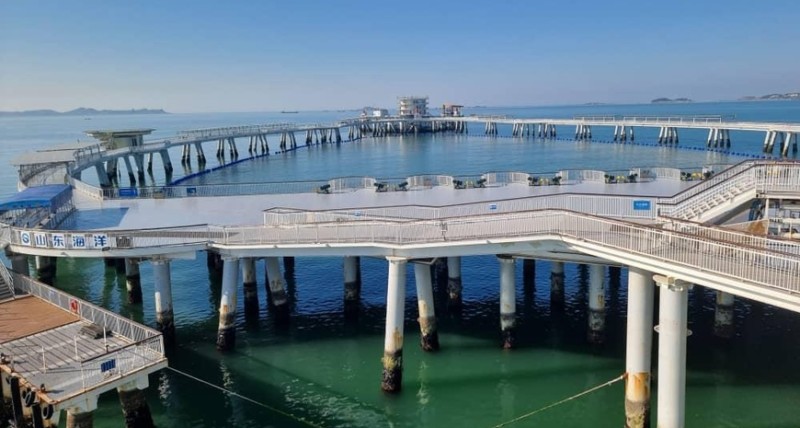Tunisia, true to its Mediterranean roots, must carry afar the values of relaxation, understanding, and cooperation. Such is its calling. Yesterday, in solidarity with the liberation moments in the Maghreb and the Mashreq, it is now participating in the emergence of a new Mediterranean reality that would banish hatred and transcend fractures. Times are changing in today’s world. The Mediterranean, as its crossroads, is following suit.
In the era of the European Union’s expansion, we, the peoples of the « Mare Mostrum, » cannot afford to hesitate on the choices that need to be made.
Here we are, a quarter of the way into the 21st century, facing our destiny. Certainly, it is primarily the responsibility of states to safeguard our common sea in light of the perils threatening it (climate change, ecosystem disruption, coastal degradation, etc.). But populations also have every advantage in taking on the issue of peace and development in this historically charged and hopeful region for humanity.
In this dynamic, the contribution of cities must be paramount. Are they not the crucible, par excellence, of human interaction? It is these cities, yesterday and today, that influence the movement of ideas and social realities in the Mediterranean. They are the ones that have marked the history of our sea.
Let us remember: Athens, Carthage, Rome.
Today, as isolationism looms over some societies, Mediterranean cities must strengthen the solidarity already initiated during, albeit punctual, yet significant operations known as twinning and cooperation. Indeed, several cities on the northern shore have taken the initiative to establish friendships and mutual assistance with their « sisters » on the southern shore.
These relationships have developed on the basis of equality and with respect for a well-thought-out partnership. Several examples can be cited: Ariana-Grasse, Tunis-Barcelona, Sousse-Dubrovnik, not forgetting, of course, Carthage and Rome, which concluded in 1982, after so many centuries, a treaty heralding the end of the Punic Wars.
Twinning and cooperation, as consecrated during two major meetings in 1988 in Marrakech at the first Euro-Arab conference of cities and in 1989 in Strasbourg at the North-South inter-municipal forum, are depoliticized, decentralized, yet personalized actions.
In this respect, it can form the basis of a new intra-Mediterranean development strategy. It also aims, from different economic situations, to reduce disparities and strengthen complementarities. It is by no means a charitable endeavor. It is now the essence of mutual solidarity desired by local populations and exercised by them in respect of common interests. These populations, with the support provided by enlightened leaders, have become aware of the close interdependence of their destinies.
In the meantime, may I express the wish to see the NGO Med 21, created by the champion of the Mediterranean, I want to name my friend Mohammed Aziza, bring together, in Jerba on the occasion of the Circé* prize presentation, representatives of the islands of our nurturing sea for the strengthening of the historical ties of this constellation.
A sorceress, who in Homer’s Odyssey, enchanted Ulysses’ companions on their return from the island of the Lotus Eaters.




